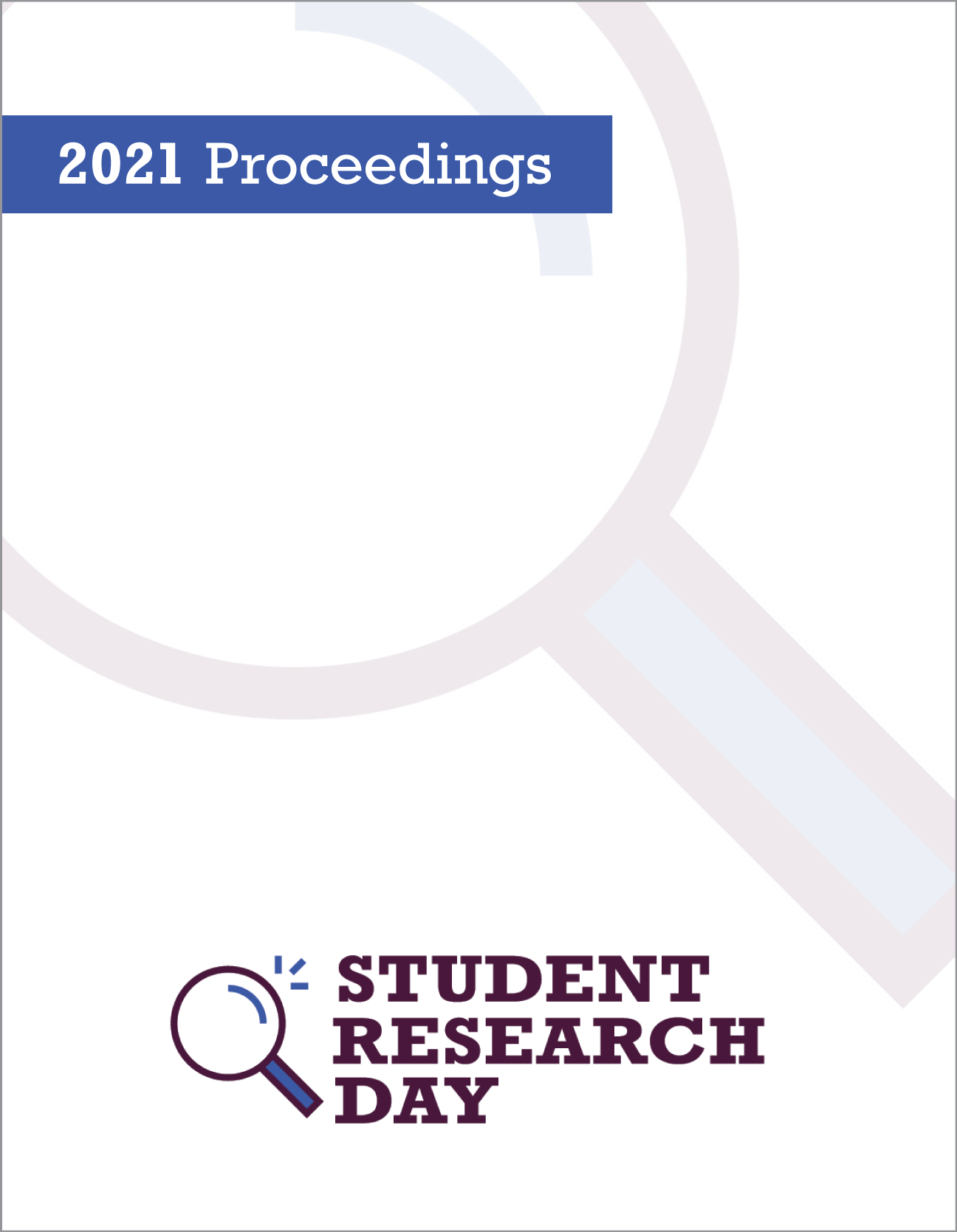Alienation and Mass Society: An Exploration of The Modern Challenges to the Public Sphere in Hannah Arendt
Abstract
As one of the most seminal thinkers of the 20th century, Hannah Arendt is often commended for her immense contributions to the discourses surrounding politics, technology, and the ways in which human interaction has been altered by or has itself altered these concepts. Arendt lived during an era in which countless institutions and ways of understanding the world were challenged, adapted, or destroyed, allowing her to have an especially astute understanding of what it meant to live in the “modern” age. Though Arendt does not seem to form a solitary systemic political philosophy throughout her works, there are numerous facets of thought that appear time and time again throughout her larger arguments. Of these consistent concerns, Arendt develops extensive theories on the emergence of what she has deemed “mass society”; this phenomenon, brought forth through decades of progress in technology as well as unexpected political developments, has presented the new and unique concern of what may happen to human beings’ capacity for action in a severely restricted public sphere which is consistently challenged by the transformative and all-absorbing social sphere. Through an exploration of Arendt’s lectures, essays, and capstone works, one may begin to understand the ways in which modernity has challenged the very foundation of political engagement for human beings as well as the resulting consequences for each living being seeking to disclose themselves as an individual.
Department: Political Science
Faculty Mentor: Dr. Gaelan Murphy
References
Published
Issue
Section
License
Authors retain any and all existing copyright to works contributed to these proceedings.



